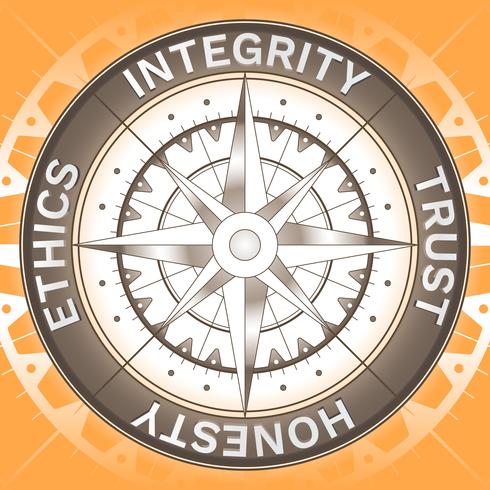 |
How do you define Ethics in your own Perspective? |
Ethics is a systematic, critical study concerned with the moral evaluation of human conduct. This evaluation, as we have noted, is oriented toward the future. That is, it is concerned with the making of decisions. Its basic question is not “Did I do right?” or “Was my conduct good or bad” although to raise the ethical question, of course, is to take the past into account. The evaluation of past conduct, however, is not for the purpose of creating a sense of guilt but of helping make decisions about the future. Its concern is “What am I to do now? How am I to relate to other persons? How am I to relate to the communities of which I am a part?” Such evaluation requires some standard, some canon by which to measure. The beginning point in the study of ethics, therefore, must be the choice of a worldview, a philosophy of life. No ethical system stands on its own feet, but rather is based either tacitly or explicitly on some philosophy. The person who decides that something is good must be prepared to justify that decision. What makes this good and that bad? Why is this value superior to that one? The answer to the question “Why?” is determined by one’s basic view of life.
Ethics and Morality |
The terms ethics and morality are closely related. The word morality is used freely in the discussion of ethics. Indeed, in popular thought the words ethics and morals are often used interchangeably. Strictly speaking, however, there is a distinction: The word ethics refers to a systematic study, and the word morals refers to a behavior pattern. In this sense, one speaks of a moral action or a moral person, and of an ethical system or ethical code. Because this distinction is not maintained either in popular usage or in academic discussions, the student can determine the intent only by considering the context within which it is used.
What is Christian Ethics? |
Christian ethics is the critical evaluation of human conduct from a Christian perspective. From that perspective a Christian ethicist makes assumptions about human nature, about the relationship of human beings to one another, and about their relationship to God. A faith community provides the supportive context for such deliberation and action. Christians share many beliefs with adherents of other religions and with nonreligious people. Whether they agree with these people on a specific idea, whether they reach the same conclusions, is not the heart of their ethic. The basic nature of their ethic is determined by their starting point. Their faith defines their character, provides the motives from which they act, underlies the generalizations they make about value and duty, and points to the conclusions they reach about a proposed course of action.
Comments
Post a Comment